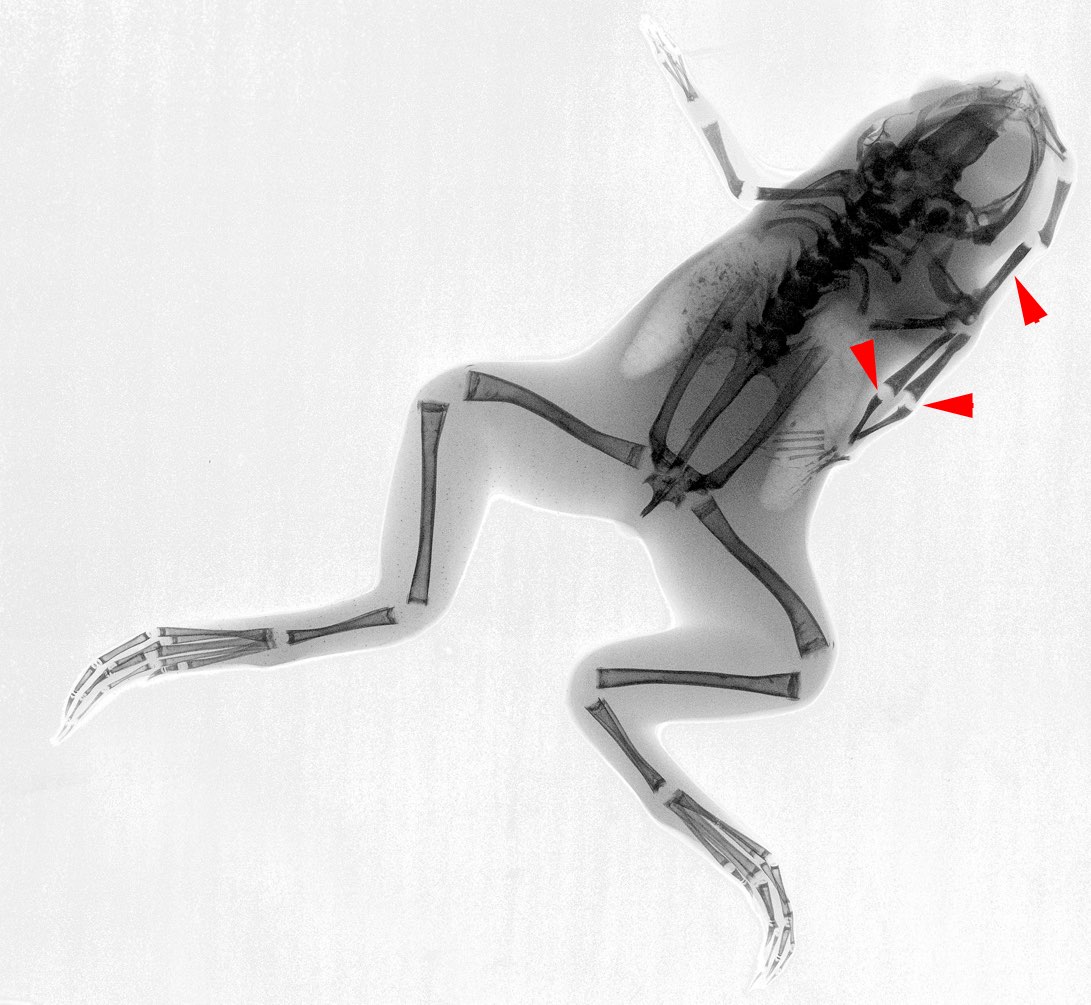Inspiration
Quotes
"Theories of the known, which are described by different physical ideas may be equivalent in all their predictions and are hence scientifically indistinguishable. However, they are not psychologically identical when trying to move from that base into the unknown. For different views suggest different kinds of modifications which might be made and hence are not equivalent in the hypotheses one generates from them in ones attempt to understand what is not yet understood. I, therefore, think that a good theoretical physicist today might find it useful to have a wide range of physical viewpoints and mathematical expressions of the same theory available to him."
- Feynman, Nobel lecture
"Perhaps one day people will interpret the question, 'can you explain it?' as asking 'can you grow it?'"
- Joshua Epstein and Robert Axtell, "Growing Artificial Societies"
"What is number, that man may know it, and what is man, that he may know a number?"
- Warren McCulloch
"How wonderful that we have met with a paradox. Now we have some hope of making progress."
- Niels Bohr
"There is no such thing as philosophy-free science; there is only science whose philosophical baggage is taken on board without examination."
- Daniel C. Dennett
"The man who cannot occasionally imagine events and conditions of existence that are contrary to the causal principle as he knows it will never enrich his science by the addition of a new idea."
- Max Planck
"You can recognize a pioneer by the arrows in his back."
- Beverly Rubik
"One of the methodological foundations of science lies in the avoidance of the most fundamental questions. It is characteristic of physics, as practiced nowadays, not to really ask what matter is, for biology not to really ask what life is, and for psychology not to really ask what soul is."
- C. F. Von Weizsaecker
"The exact sciences start from the assumption that in the end, it will always be possible to understand nature, even in every new field of experience, but that we may make no a priori assumption as to the meaning of 'understand'."
- Werner Heisenberg
"Tell me how you are searching and I will tell you what you are searching for."
- Ludwig Wittgenstein
"It has always been clear that we were not so deeply interested in the theory of any particular biological phenomenon for its own sake, but mainly in so far as it helps to a greater comprehension of the general character of the processes that go on in living as contrasted with non-living systems."
- C. H. Waddington
"Discovery consists of seeing what everybody has seen and thinking what nobody has thought."
- Arthur Schopenhauer, as interpreted by Albert von Szent-Györgyi
"Information is information, neither energy nor matter. No materialism that fails to take account of this can survive the present day."
- Norbert Wiener
"Artificial Life is the study of man-made systems that exhibit behaviors characteristic of natural living systems. It complements the traditional biological sciences concerned with the analysis of living organisms by attempting to synthesize life-like behaviors within computers and other artificial media. By extending the empirical foundation upon which biology is based _beyond_ the carbon-chain life that has evolved on Earth, Artificial Life can contribute to theoretical biology by locating life-as-we-know-it within the larger picture of life-as-it-could-be."
- Chris Langton
"Should one wish to learn the methods of a conjurer, he might vainly watch the latter's customary repertoire, and, so long as everything went smoothly, might never obtain a clue to the mysterious performance, baffled by the precision of the manipulations and the complexity of the apparatus; if, however, a single error were made in any part or if a single deviation from the customary method should force the manipulator along an unaccustomed path, it would give the investigator an opportunity to obtain a part or the whole of the secret. Thus. ... it seems likely that through the study of the abnormal or unusual, some insight may be obtained into that mystery of mysteries, the development of an organism."
- H. H. Wilder, 1908
"A goal for the future would be to determine the extent of knowledge the cell has of itself and how it utilizes this knowledge in a thoughtful manner when challenged."
- Barbara McClintock, 1984
"An unflinching determination to take the whole evidence into account is the only method of preservation against the fluctuating extremes of fashionable opinion."
- A. N. Whitehead ("Science and the Modern World", Ch. 12).
"On the subject of applied vs. basic research (e.g., regenerative medicine vs. developmental biology vs. artificial life): "The death of Archimedes by the hands of a Roman soldier is symbolical of a world-change of the first magnitude: the Greeks, with their love of abstract science, were superseded in the leadership of the European world by the practical Romans. The Romans were a great race, but they were cursed with the sterility which waits upon practicality. They did not improve upon the knowledge of their forefathers, and all their advances were confined to the minor technical details of engineering. They were not dreamers enough to arrive at new points of view, which could give a more fundamental control over the forces of nature. No Roman lost his life because he was absorbed in the contemplation of a mathematical diagram."
- Alfred North Whitehead
"Bring forward what is true, defend it till your last breath."
- Ludwig Boltzmnn


